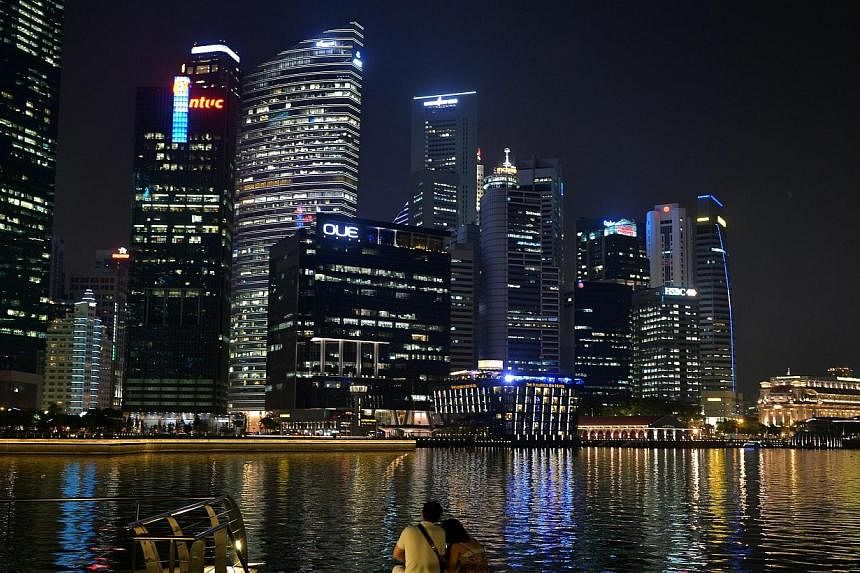SINGAPORE - Singapore's ability to remain relevant depends on the country being an extraordinary success, said veteran diplomat Bilahari Kausikan at a forum on Monday.
The reason, he added, is that Singapore is small and in South-east Asia - two fundamental vulnerabilities the country must always remember.
In his paper on the Sovereignty of Small States, he said the bedrock of relevance is success and "success must be defined first of all in economic terms''.
Although this goes against the view in some circles that individuals have other worthier goals in life beyond economics, Mr Kausikan said the country as a whole does not have the luxury of taking such a path.
"A world of sovereign states is in fact a rat race, and often a vicious one, in which the weak go to the wall. There can be no opting out for a sovereign state," said the ambassador-at-large and policy adviser of the Ministry of Foreign Affairs at the one-day forum organised by the Institute of Policy Studies (IPS).
The forum, whose participants include about 1,000 academics and officials, discussed the choices Singapore made in becoming an independent city-state and surviving as one.
If Singapore is not successful, it risks being outclassed by its larger neighbours who have natural resources it lacks, Mr Kausikan said during a panel discussion.
"A small state cannot be just ordinarily successful. If we were no different from our neighbourhood, why should anyone want to deal with us rather than our larger neighbours who, moreover, are well endowed with natural resources? To be relevant we have to be extraordinary," he added.
Furthermore, Singapore differs from the rest of South-east Asia in terms of its fundamental political principles and ethnic composition, he said.
It is a multi-racial meritocracy. It is also "a Chinese-majority country, with neighbours whose own Chinese populations are a less than fully welcome minority, and whose attitudes towards their own Chinese populations are too often projected upon us", he noted.
"A Chinese-majority multi-racial meritocracy that has been extraordinarily successful compared to its neighbours is often taken as an implicit criticism of differently organised systems," he said.
He added that this reality is here to stay: "The intensity of such attitudes waxes and wanes... but these complexities are never going to go away, and we ignore or deny them only at peril of compromising our sovereignty.
"Being extraordinary does not make us loved, but it is the price we must pay for survival and autonomy."
National University of Singapore historian Tan Tai Yong, who moderated the morning discussion, said Singaporeans should also keep the country's history and geography in perspective.
Singapore had been part of larger political entities for most of its 700-year history, he said.
Even today, Singapore's existence as an independent city-state makes it a rarity in the world, he added, noting that only Monaco and the Vatican City have a similar political status.


